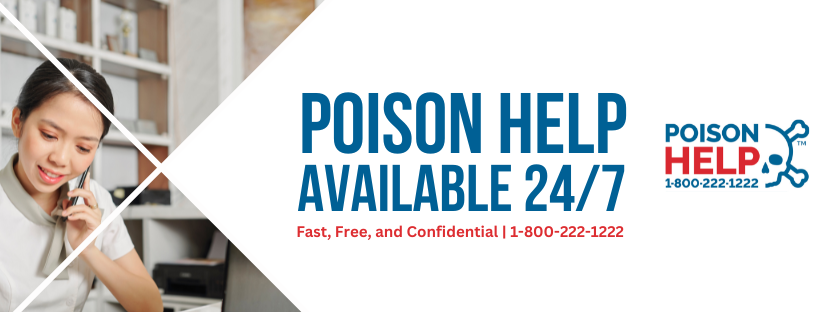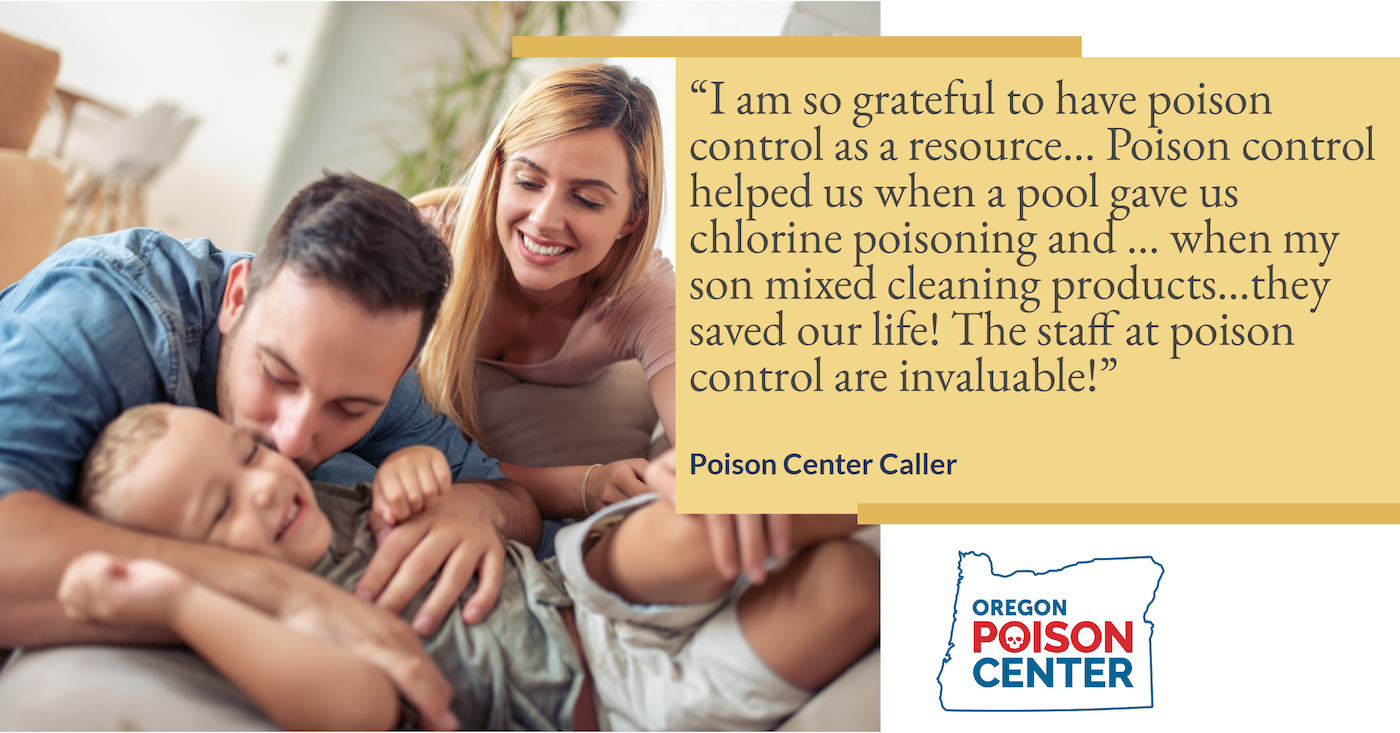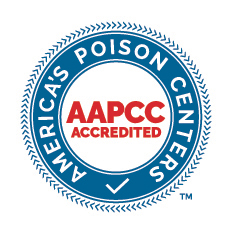Oregon Poison Center
The Oregon Poison Center at OHSU is the designated regional poison control center for Oregon, Alaska and Guam and is accredited by the American Association of Poison Control Centers. The poison center can be reached at 1-800-222-1222, 24 hours a day, 7 days a week. Poison help is fast, free and confidential. Interpretation services are available in more than 150 languages.

Oregon Poison Center's Mission
Our Mission is to prevent poisonings and to minimize adverse effects of exposures to drugs, poisons, chemicals and natural toxins. To guide effective utilization of health care resources by serving the public, health care providers and public health agencies, through telephone advice and consultation, educational outreach, research and emergency response planning.

Your Donation Supports our Work

AAPCC Accredited

Quick Links
Poison Center News & Alerts
Pediatric fentanyl exposures
The Oregon Poison Center is reporting a sharp increase in the number of Oregon children who were exposed to fentanyl in the last 3 years, and a 449% increase among the same age group nationally, highlighting the devastating impact of the fentanyl crisis on young children. The findings were published this week in a perspective in the New England Journal of Medicine. Read the full statement from the Oregon Poison Center to learn more.
Prevent Opioid Overdoses
Safe Storage. Parents of young children should ensure all medicine, drugs and other potentially poisonous substances are kept up high and out of reach. Locked up is best. Lockboxes, locking bags and other locking devices can keep children safe when these substances are locked up after every use.
Naloxone. People who use illicit drugs or whose loved ones use illicit drugs should take precautions against overdoses, including carrying multiple doses of naloxone, the opioid reversal drug. Naloxone is available at pharmacies in Oregon without a prescription.
Know the signs of an overdose. Signs of an overdose include: small, constricted “pinpoint” pupils; pale, bluish skin; vomiting or foaming at the mouth; slow, shallow breathing; sleepiness or loss of consciousness. Call 9-1-1 right away if someone is unconscious, not breathing, or if naloxone has been given.
Family Education. Teach young children not to put anything in their mouths unless a trusted adult says it’s okay. When visiting another household, make sure medicine and drugs are out of reach or locked up.
Resources
- Safe Storage handout in English and Spanish.
- Medicine Safety Tips and additional information.
- Visit the Tom Sargent Safety Resource Center at OHSU Doernbecher Children’s Hospital to purchase low-cost home safety products.
- Naloxone resources from Oregon Health Authority.
Social Media Links
Connect with us
Poison Help Online
